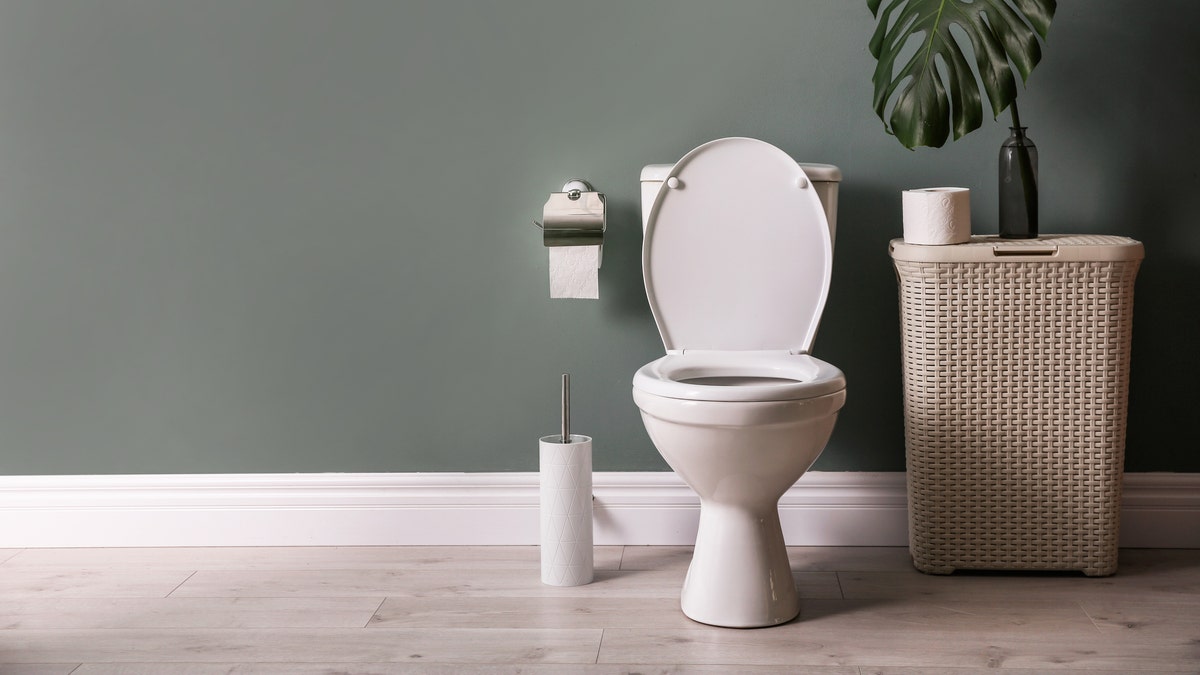Consuming microbiome capsules made from feces collected during dieting may limit that post-diet weight regain, according to a published study in Gastroenterology. Researchers at Ben-Gurion University of the Negev, led the 14-month clinical trial in Israel.
"It is well known that most weight-loss dieters reach their lowest body weight after 4-6 months, and are then challenged by the plateau or regain phase, despite continued dieting," Prof. Iris Shai, a professor at BGU and a member of the School of Public Health, said in the press release.

Consuming microbiome capsules made from feces collected during dieting may limit that post-diet weight regain, according to a published study in Gastroenterology (iStock)
The study involved participants who were obese or had high cholesterol. The participants were placed into three groups that followed a specific diet plan during a six-month weight loss phase of the study. The diet groups included: a healthy diet, a Mediterranean diet or a green-Mediterranean diet plan.
After the six month phase, 90 participants who had an overall average weight loss of 18 pounds, provided fecal samples that were processed into autologous fecal microbiota transplant, which are frozen, opaque and odorless capsules, the press release stated. The participants were then divided randomly into two groups – one that took their own fecal microbiota capsule or a placebo group. Both took the capsules up to month 14, according to the study release.
OBESITY CAN INCREASE CORONAVIRUS-RELATED DEATH RISK BY ALMOST 50%, REPORT SAYS
The researchers found that the transplant capsule collected during the weight loss phase and given during the regain phase helped limit weight gain only in the green-Mediterranean diet group, and there was limited weight gain from 17% as opposed to 50% for the placebo group. The green-Mediterrean diet group was the only group that the fecal transplant reduced waist circumference gain. The authors also said the green- Mediterranean diet transplant group had better glycemic control.
The study authors also noted that the green plant-based diet that included Mankai and high polyphenols, micronutrients that come from plant-based foods, better optimized the microbiome for a fecal transplant procedure, according to the study.
DIETS HIGHER IN PROTEIN, PARTICULARLY PLANT PROTEIN, LINKED TO LOWER RATES OF EARLY DEATH: STUDY
"This study is the first of its kind to prove in humans that preservation of an 'ideal' gut microbial composition can be used at a later time point to achieve metabolic benefits," another investigator in the study, Dr. Ilan Youngster, who is the director of the Pediatric Infectious Diseases Unit and the Center for Microbiome Research at Shamir Medical Center said in the press release.
Dr. Ira Schmelkin, chief of division of gastroenterology at Baystate Health in Massachusetts was not involved in the study but told Fox News, that fecal transplantation has been used for decades. It was first used in 1958 to treat pseudomembranous colitis
"There has been mounting evidence over the recent years of the importance of gut microbiota in health and disease," Schmelkin said. "Advancing technologies are leading towards categorizing different populations of gut bacteria.”
Schmelkin, who is also an associate professor of medicine at UMMS-Baystate, said, the experiment to study how diet can positively affect the gut microbiome is intriguing.
"Although the thought of consuming one’s own stool in a pill form at a later time sounds offensive, it may in fact be a therapeutic option for obesity in the future," he said. “This study gives new meaning to 'you are what you eat.'"

